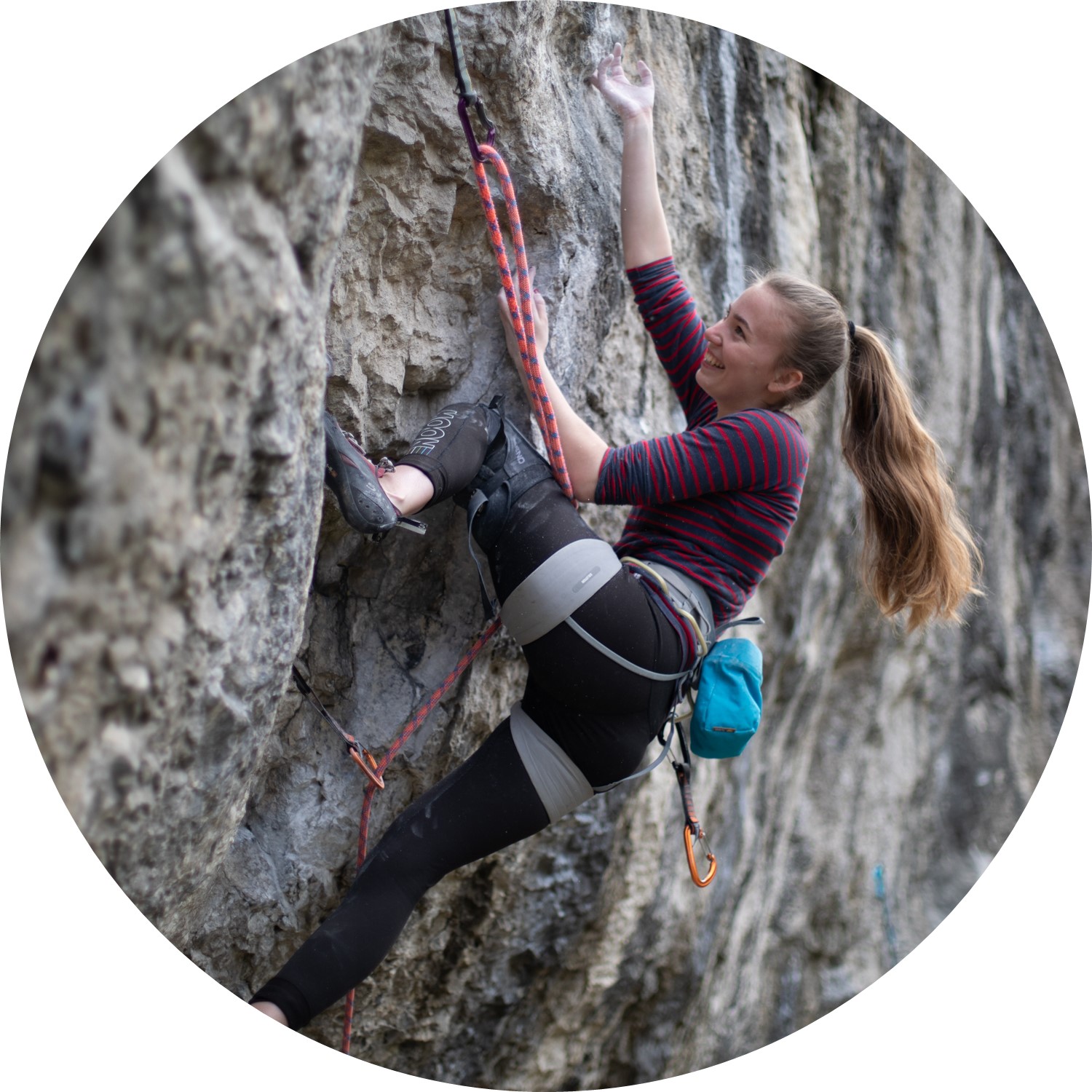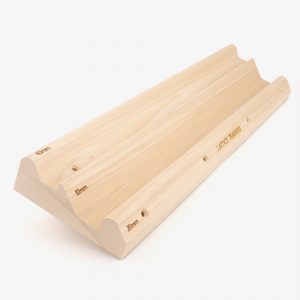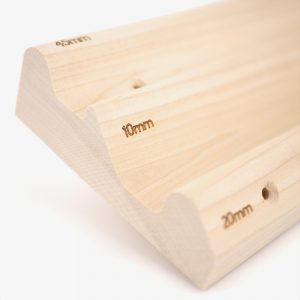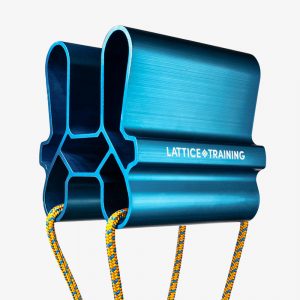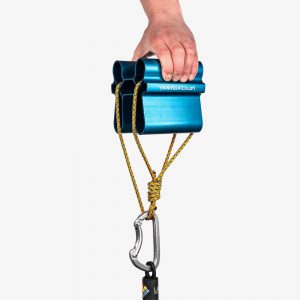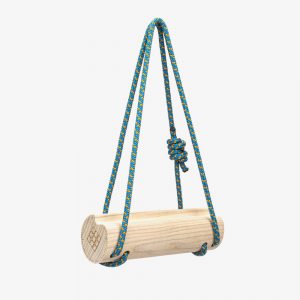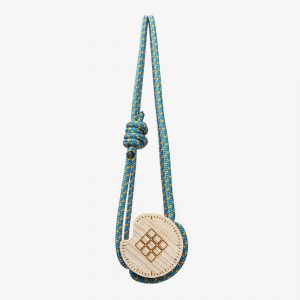Female Climber Series: Young Climbers and Tracking
When you first start your period, it can be overwhelming getting to understand this new process. There will likely be new symptoms with your menstrual cycle that you haven’t experienced before and some of these may impact your climbing.
This is why it is useful to track your symptoms, cycle dates and flow. Tracking is the first step in understanding your menstrual cycle and, over time, you will see patterns that can help inform and prepare you.
1- Use An App
Using an app to track your flow and symptoms will create a digital log that you can look back over. There are a lot of great apps out there (e.g. Clue) for tracking dates, flow and symptoms that could impact climbing such as mood and sleep. This will help you be prepared with sanitary products and guide any strategies to reduce symptoms. This information could also be useful to share with your coach (by your preferred method) so that they can best support you.
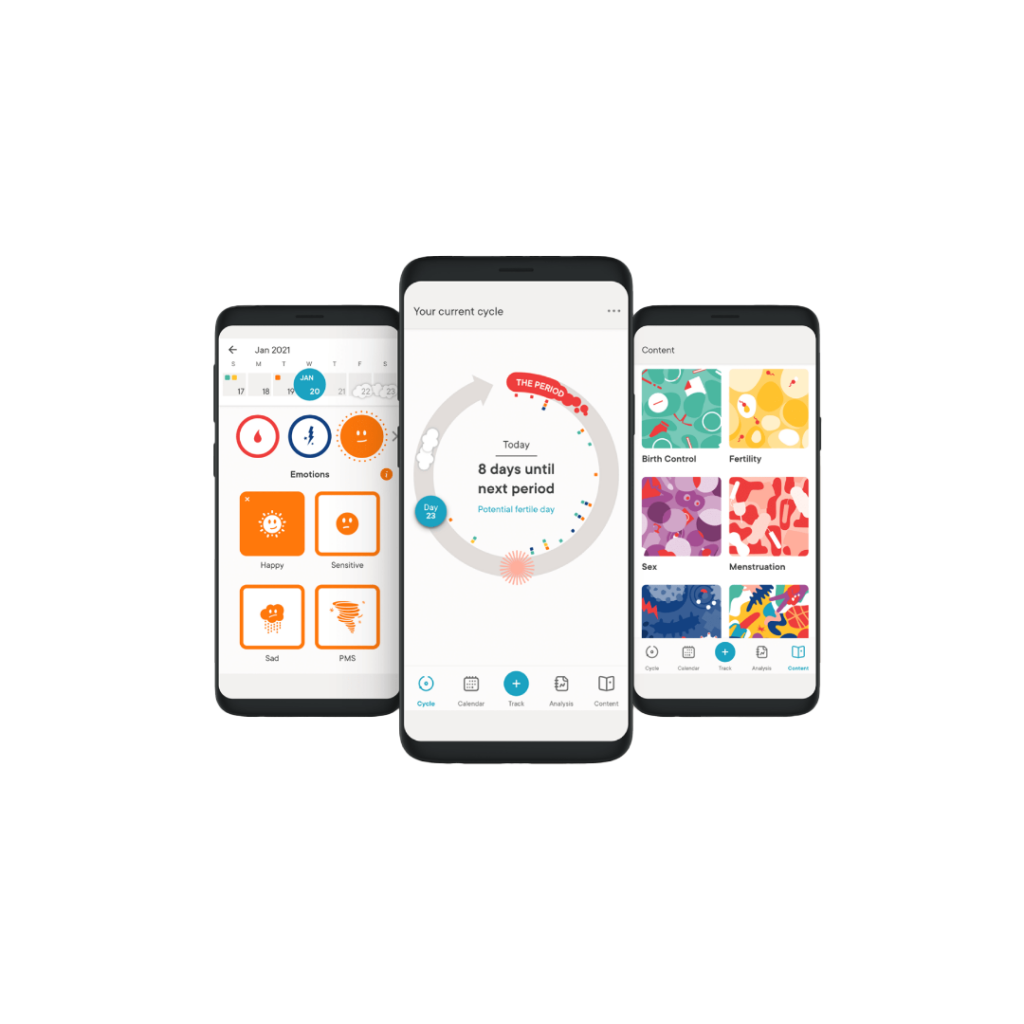
2- Keep a climbing diary.
Keeping a climbing diary will allow you to relate your cycle to your climbing. This will create a great resource for you to look back on when planning future training, climbing, or preparing for any competitions.
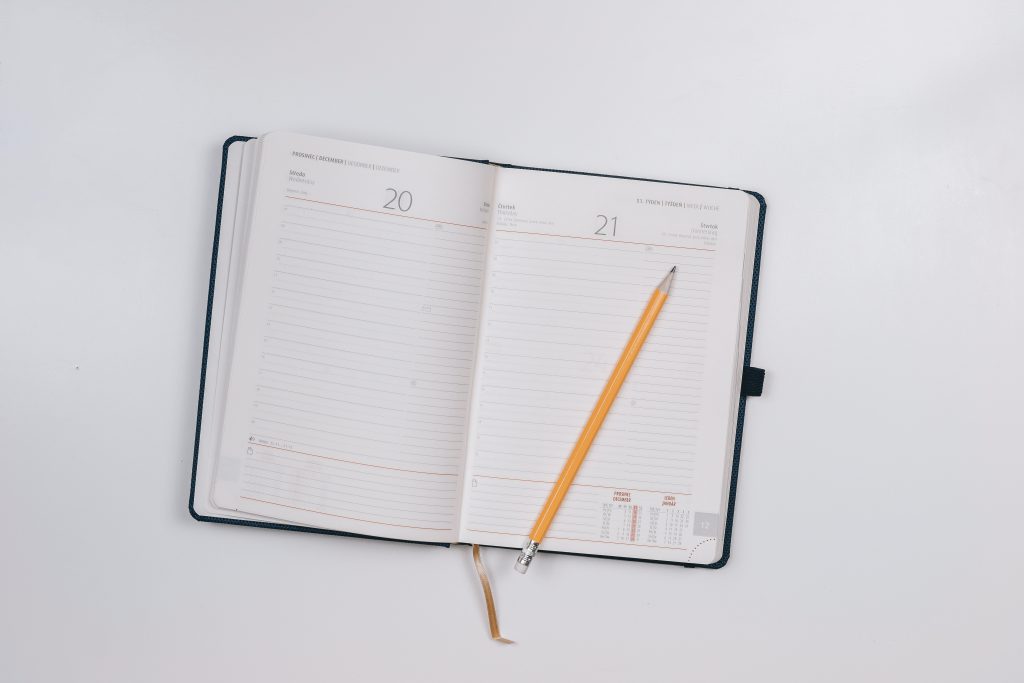
3 – Irregular periods.
You may find that when you first start your period it can be irregular. However, tracking will still help you to see patterns in your cycle and begin to predict when you reach different phases in your cycle. **If your period is irregular, it’s worth being prepared at all times. Just in case!**
If, after starting your period, your cycle changes significantly or you do not have a period for 3 months or more this may be a sign of primary amenorrhea. Go to your doctor and ask for a blood test to check your hormone levels.
